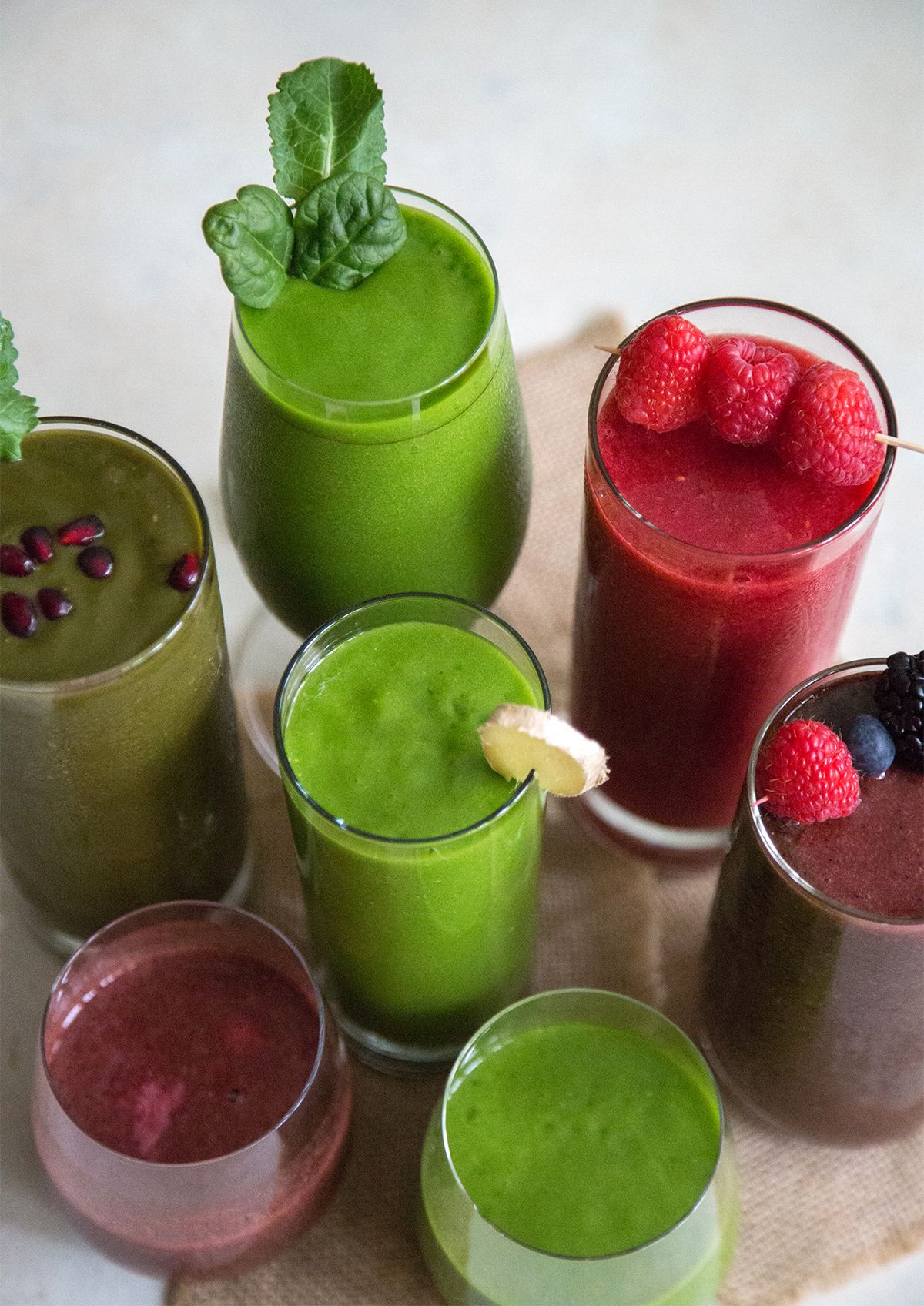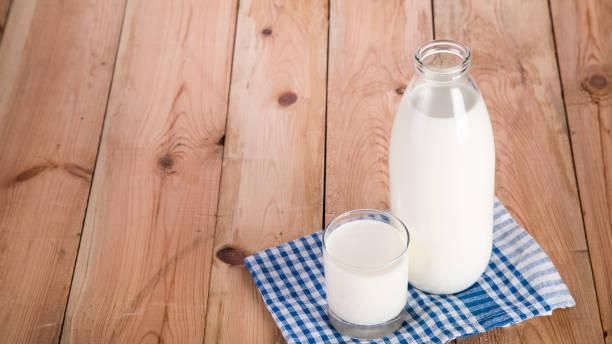Pumpkin Juice Benefits
While pumpkin juice has only recently gained a global following, it has been known by vegetarians and natural health fans for many years due to its broad range of nutrients and positive effect on health. Pumpkins are scientifically known as Cucurbita pepo and are technically types of squash, although pumpkins are certainly the most famous. Native to North America, there are quite a few different species of pumpkin, varying in size, color, and shape, but their chemical makeup and nutritional benefits are largely the same. While pumpkin seeds and flesh are often used in culinary applications, such as baked pumpkin seeds and pumpkin pie, respectively, pumpkin juice was less widely used until quite recently. Here is all about pumpkin juice benefits.
This is produced by juicing the flesh of small, “sweet” pumpkins into a thick, delicious beverage that can be enjoyed around harvest season. Packed with vitamin C, vitamin E, potassium, biotin, various amino acids, beta-carotene, B-family vitamins, calcium, magnesium, iron and natural sugars, all of which can affect the body [1] in different ways. Drinking pumpkin juice is also easier than finding different forms to eat regular pumpkin, so many people choose this option, particularly if they are fans of juices. There are a number of unique side effects associated with pumpkin, so use caution when drinking or speak with your doctor. Although, most people do not experience any negative side effects.
Pumpkin Juice Benefits

The many fascinating benefits of pumpkin juice include protecting the heart, detoxifying the body, improving the digestive process, aiding sleep, soothing nausea, stimulating the immune system, healing the skin, speeding healing and boosting circulation, among others.
Induces Sleep
One of the more peculiar properties of pumpkin juice is its function as a sedative. This is due to some of the active ingredients [6], namely magnesium and tryptophan, which release neurotransmitters in the body that induce sleep. This is great for people suffering from insomnia or regularly have interrupted sleep; a glass before bed can work wonders.
Improves Healing Speed
The combination of cooling effects, anti-inflammatory properties, and various [9] antioxidants, drinking this juice can help to speed up the recovery time from an illness, as well as the healing speed of injuries or surgeries.
Improves Heart Health
There are quite a few powerful antioxidants in pumpkin juice, including polyphenolic compounds and beta-carotene, both of which can help reduce [2] cholesterol deposits and prevent hardening of the arteries. This is in addition to the juice’s ability to lower blood pressure, which can help to lower your risk of heart attack, stroke, and heart disease.
Detoxifies the Body
If you want to improve your kidney or liver health, few vegetable juices are better than pumpkin. It can stimulate [7]liver function and increase detoxification efforts by the body, while also inducing urination, which further cleanses the body of dangerous toxins.
Skin Care
Vitamin C and E are both antioxidant substances [3] that can help clear up irritation or inflammation of the skin caused by oxidative stress or outside pathogens, while beta-carotene is also associated with glowing, healthy-looking skin. Pumpkin juice contains all of these vitamins in significant amounts!
Improves Digestion
Pumpkin juice possesses notable levels of dietary fiber, which is ideal for stimulating the digestive system. Fiber can help to bulk up the stool and stimulate [4]peristaltic motion, which can relieve constipation, bloating and cramping, while also optimizing nutrient uptake and balancing the microflora environment of the gut.
Treats Nausea
For pregnant women, pumpkin juice is often turned to for its anti-nausea effects. Morning sickness affects almost all pregnant women at one point or another, but pumpkin juice can quickly settle the stomach, re-balance acid levels and soothe anxiety and nerves. This is due to this juice’s sedative qualities.
Reduces Inflammation
Some of the active ingredients in pumpkin juice are anti-arthritic in nature, meaning that they can cut down on inflammation, swelling, and pain associated [8] with arthritis. A glass of this juice each morning is a popular choice for many who suffer from rheumatoid arthritis.
Side Effects
Despite the many impressive health benefits of this juice, it can also cause bleeding disorders, diarrhea, nausea, headaches and allergic reactions.
Allergic Reactions – Allergies to pumpkins do exist, so oral intake of this juice can cause inflammation of the stomach, swelling on the lips, tongue, and gum, as well as itching, redness and shortness of breath.
Stomach Problems – Some people have reported that drinking pumpkin juice can cause severe stomach upset, including nausea, diarrhea, bloating and cramping. For people with sensitive stomachs, start with a small amount of juice and see how your body reacts.
Bleeding Issues – There are anticoagulant properties of pumpkin juice that are very good for heart health. These help in preventing blood clots from forming, but when combined with other anticoagulant drugs, pumpkin juice can exacerbate a bleeding disorder, and therefore, should not be consumed before an operation.
How To Make Pumpkin Juice?
Making your own juice is a relatively simple process, provided you have a strong juicer and a bit of time to slice up and peel a pumpkin! There are quite a few different recipes for juice, but the recipe below is a simple and popular version with a sweet and rich taste.
Recipe
Ingredients
1 small sweet pumpkin
4 ice cubes
Various spices, to taste (Cinnamon, nutmeg, clove, etc.)
- Cut the pumpkin into quarters and scoop out the seeds and pulp.
- Add the pumpkin to your juicer and juice normally.
- Using a large vegetable peeler or a knife, remove the hard outer skin of the pumpkin.
- Thoroughly wash the outside of the pumpkin.
- Slice the remaining pumpkin pieces into smaller chunks that can fit in a juicer.
- Stir in the spices to taste, and serve chilled over ice.






